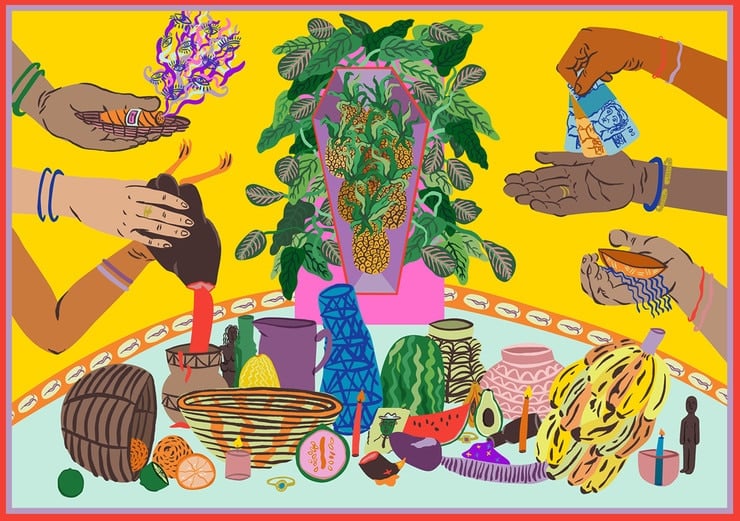China’s first CRISPR babies spark uproar in the international scientific community

Chinese scientist He Jiankui has rattled the international scientific community last week when he announced that he has made the world’s first genetically edited babies, while speaking at an international gene editing summit in Hong Kong. What He claimed he has managed to do is use gene editing technique CRISPR, which is a set of DNA sequences used to detect and destroy DNA from viruses, in order to immunize two infants against HIV.
Not only were He’s statements regarding the success of his experiment misleading, but he acted in blunt defiance of internationally accepted scientific norms and ethics. As comments from scientists and researchers from throughout the world regarding this highly disturbing incident overflow, it is important to reflect on He’s actions in order to figure out what exactly went wrong, and whether similar cases in the future can be prevented.
In his experiment, He tested couples going into in vitro treatment and in which one of the partners had AIDS. He claimed that through genetic editing he will attempt to inoculate the embryos against the virus. The case which he regarded a success was that of two twins named Nana and Lulu, whose dad was HIV positive. Focusing on a gene called CCR5, which is used by the HIV virus as a gateway to infiltrate into the body, He sought to remove cells from the embryos, deactivate the CCR5 using CRISPR, and then re-insert them into the body.
This technique has been previously used by scientists studying the cells of patients suffering from the disease in order to create a vaccine for HIV. Yet, neither Nana and Lulu were carriers of the virus, which means that He took perfectly healthy cells out of the infants’ bodies, altered them, and injected them back in. And so not only was He attempting to cure a nonexisting medical need, but by messing with the girl’s genetic makeup He increased their risk to contract a number of other diseases, such as the West Nile. It remains unknown what the long-term effects of He’s experiment will be for Nana and Lulu, as He’s desired outcome (creating a minor alteration in their CCR5 genes) did not pan out as planned, leaving the girl with a CCR5 mutation unseen previously by scientists.
Furthermore, He’s experiment was conducted in complete contravention of international scientific consensus. Both in 2015 and 2017, the U.S. National Academies of Sciences, Engineering, and Medicine iterated that gene-editing of human embryos should not be executed hastily. In its 2015 release, the academies’ report stated that in the case of gene-editing, “there is a need for caution… rigorous oversight… maximum transparency,” as well as an “absence of reasonable alternatives.” The report finally concluded that much more research needs to be done before this technique is to be used on humans.
Alas, He didn’t adhere to any of these instructions and limitations. He did not inform The Southern University of Science and Technology, to which he belonged, about the experiment, and had lied about receiving the ethical approval of Shenzhen Harmonicare hospital. When He informed a few of his colleagues and fellow researchers about his intended experiment, the vast majority discouraged him from conducting it, claiming that such a step would be extremely unethical and irresponsible, particularly since the effect of CRISPR is still widely unknown to the scientific community and that extensive research must first be done on animals before it can be used to alter human genes. He ignored his colleagues’ pleas and went on to experiment with human beings.
Finally, He failed to properly inform his patients about what they were getting themselves into; presenting the research as an attempt to develop an HIV vaccine, He did not include in the consent form clear and understandable information about CRISPR and gene-editing, and instead drew up a contract that primarily removes any liability on his part should any unexpected or adverse side effects arise due to the experiment.
He’s whereabouts have been unknown for days, and it remains unclear whether he excused himself from the public eye or has been detained for his actions. Nevertheless, while the uproar about He’s experiment echoes throughout the international scientific community, there is no guarantee that such unscrupulous actions won’t repeat themselves in the future.
Presently, there is no international scientific body that monitors clinical trials and experiments. It is true that individual governments may get involved and crack down on wackos like He, but as seen in this case, they don’t have the resources to effectively defend the public from every scientist who decides to engage in unfavourable testing, especially since when it comes to science it becomes all the more difficult to determine where the line lies between innovative and unlawful.




